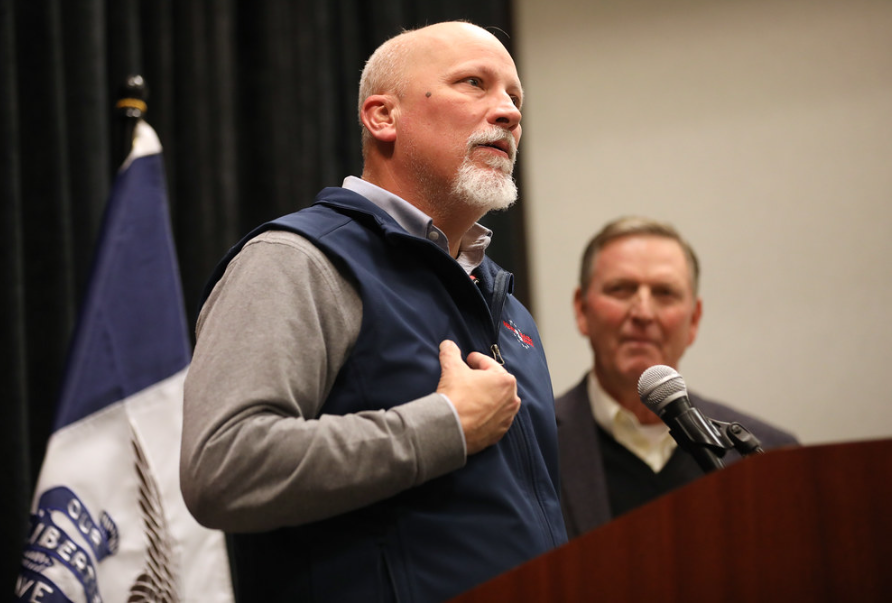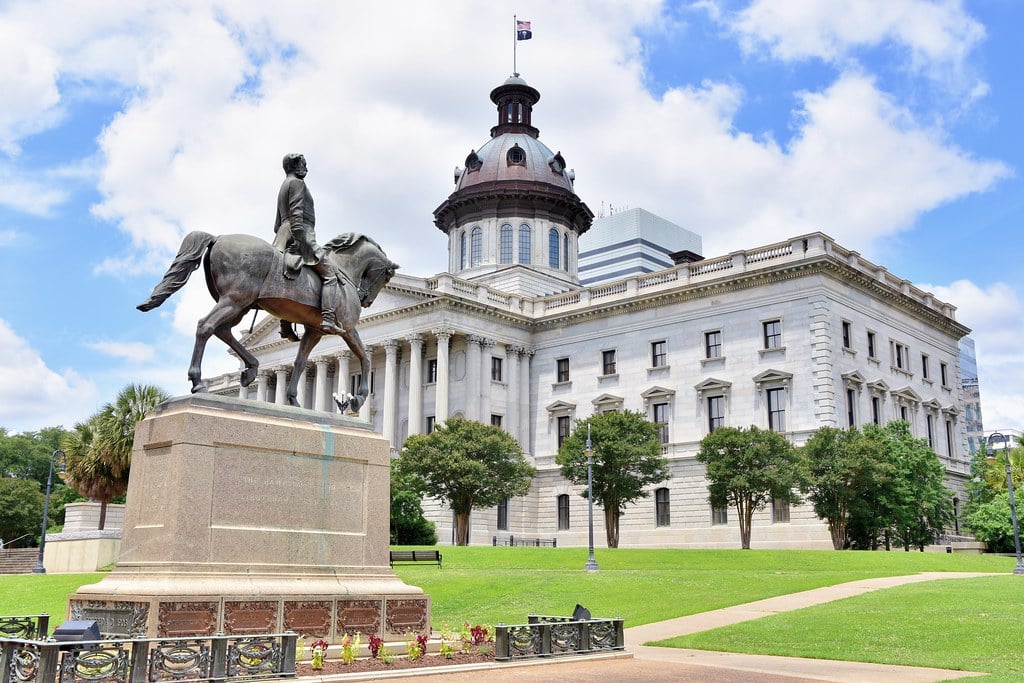As the government shutdown is averted, Rep. Chip Roy shifts focus to border security while continuing to champion the SAVE Act, which mandates citizenship verification for voter registration.
What to Know:
-
Rep. Chip Roy represents Texas' 21st District (TX-21).
-
The SAVE Act requires proof of citizenship for federal voter registration.
-
It has passed the House but is pending in the Senate.
-
Roy’s Border Report addresses border security and illegal immigration.
-
He argues the SAVE Act is crucial for election integrity.
-
Critics claim non-citizen voting is rare and see the passport requirement as a poll tax.
With the recent government funding crisis averted, Rep. Chip Roy of Texas' 21st District (TX-21) continues to advocate for both border security and election integrity. At the forefront of his agenda is the Safeguard American Voter Eligibility (SAVE) Act, a measure that mandates proof of citizenship for federal voter registration. In addition to this, Roy’s detailed Border Report offers a stark depiction of the challenges posed by illegal immigration under the Biden administration.
|
Representative Roy’s Statement: “Secure elections are a key cornerstone for any representative government; without them, we won't have a country. Radical progressive Democrats know this and are using open border policies while also attacking election integrity laws to fundamentally remake America. That's why I am proud to introduce the SAVE Act with Speaker Johnson and my Republican colleagues, along with the invaluable support of citizens and organizations that recognize we must end the practice of non-citizens voting in our elections." |
The SAVE Act aims to strengthen the integrity of U.S. elections amidst concerns about illegal immigration and voter fraud. This legislation has gained significant attention and support from both House and Senate Republicans, as well as conservative figures, highlighting its importance in preserving the integrity of American democracy.
Key Points from Rep. Roy’s Border Report
Rep. Chip Roy’s Border Report highlights several key issues. The serious problems with illegal immigration and border security are highlighted in Rep. Chip Roy's Border Report. Since President Biden took office, over 8.5 million illegal aliens have crossed the southern border, with 5.6 million released into the U.S. interior and 1.9 million evading Border Patrol.
Under the current administration, more than 7 million illegal aliens have entered the country. The report notes a record 853 foreign nationals died attempting to cross the border in FY 2022. The foreign-born population in the U.S. has reached an all-time high of 51.6 million, or 15.6% of the total population. Texas has invested $13 billion in border security efforts since March 2021, while New York City has spent over $1 billion on housing migrants. A number of other crimes, such as drug trafficking, rape, assault, and murder, are also highlighted in the report by illegal aliens.
The SAVE Act and Rep. Roy's Position
The SAVE Act mandates proof of citizenship for federal voter registration, requiring states to verify citizenship and remove non-citizens from voter rolls, with a passport being the primary document needed for registration. The Act is up for debate in the Senate despite passing the House.
Key Points of the SAVE Act:
|
Rep. Chip Roy supports the SAVE Act as a crucial measure for ensuring election integrity, linking it to his broader concerns about border security and emphasizing that only citizens should have the right to vote. Critics argue that non-citizen voting is rare and view the passport requirement as a form of poll tax, raising concerns about voter disenfranchisement and increasing partisan division.
SAVE Act and Government Funding
The SAVE Act, which mandates proof of citizenship for voter registration, has become a central issue in the ongoing government funding debate. House Speaker Mike Johnson is working to pass a six-month stopgap funding bill with the controversial SAVE Act attached. However, the bill is facing opposition from Democrats due to its hardline voter ID requirements.
Former President Donald Trump has urged Republicans to pursue a government shutdown if the SAVE Act is removed from the funding bill, amplifying tensions ahead of the Sept. 30 deadline. Congressional leaders are scrambling to strike a deal before a shutdown is triggered, while Republicans remain divided.
Senate Minority Leader Mitch McConnell has expressed opposition to using a shutdown as leverage, while Trump, Johnson, and representatives like Roy push forward with the strategy to preserve the SAVE Act's inclusion. As time runs out, the bill’s fate hangs in the balance with potential consequences for both government operations and the broader debate over election security and immigration.
What’s Next
If the SAVE Act succeeds, it could significantly alter voter registration processes and reinforce the focus on citizenship in elections. However, its failure or contentious passage might exacerbate existing debates on immigration and election integrity, reflecting deeper political divides. The outcome of the SAVE Act will underscore ongoing discussions about the balance between secure borders, election fairness, and partisan politics.





